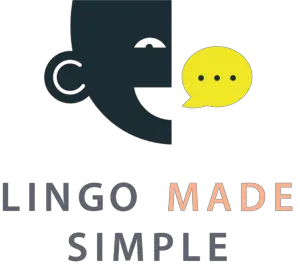When you want to express thanks to multiple people, you might say something like, “Thank you, everyone.” You could say something else, such as, “I appreciate you all.” Another form of American and African expressionism is to use contractions in unexpected and unique ways. Instead of saying “you all” to […]
Recent Posts
The Difference Between “I Miss You” and “I Missed You”?
One of the first choices that many young writers face when composing novels or short stories is to select the tense they prefer. You only have two viable options in most situations. The story can get written in the present or the past tense. Although future tense is technically possible, […]
Difference Between “What Is It Called?” and “How Is It Called?”
The question to ask when you want to know something with a deeper understanding usually starts with “how” or “what” in the English language. This structure is different from most European languages because they typically focus on “how” alone. That’s why it can be challenging to distinguish the difference between […]
“It Worths It”, “It Worth It”, or “It Is Worth It”?
The word “worth” is defined as an adjective that “is equivalent in value to the sum or an item specified” in the sentence or paragraph. When you say that a house is worth $350,000, you’re using it as a descriptor to discuss how much value that property has to buyers […]
Difference Between “I Liked It” and “I Have Liked It”
The English language can get a little tricky when trying to describe events in different circumstances. One of the best examples of this structure involves the word “like.” If I “like” something, it means that feeling or reaction happens right now. It is an event that describes the present moment. […]
“It Was My Birthday Today” or “Today Was My Birthday”
You can find three primary verb tenses in academic, professional, and casual writing in the English language. They are the past, present, and future. Once you have decided on the correct option, each tense can take on four primary aspects: simple, perfect, progressive, and perfect continuous. The progressive aspect uses […]
When to Say “Have a Good Weekend”
Western culture has evolved significantly over the past 60 years. Countries like the United States, Great Britain, and Canada have gone from working weeks that were almost exclusively 40 hours from Monday to Friday to varying 7-day weekly schedules. Although some professions have always followed that structure, almost every industry […]
Eat Ate Eaten: The Difference and What You Have to Know
Are you feeling hungry today? When you need to quench that hunger, you’ll decide to eat something. If that action doesn’t make your stomach feel good, it’d be possible that you regret what you ate. You could also say that you had eaten yesterday, but it is time to eat […]








